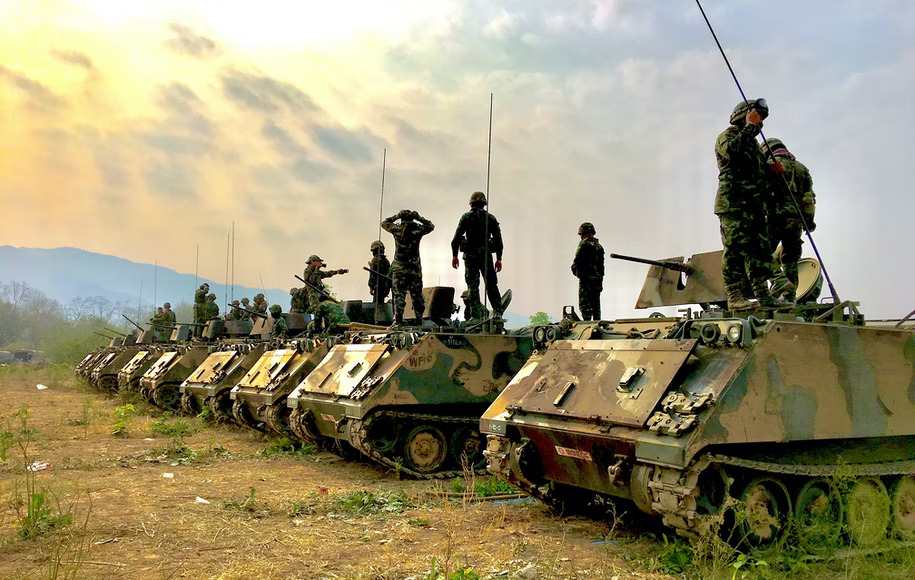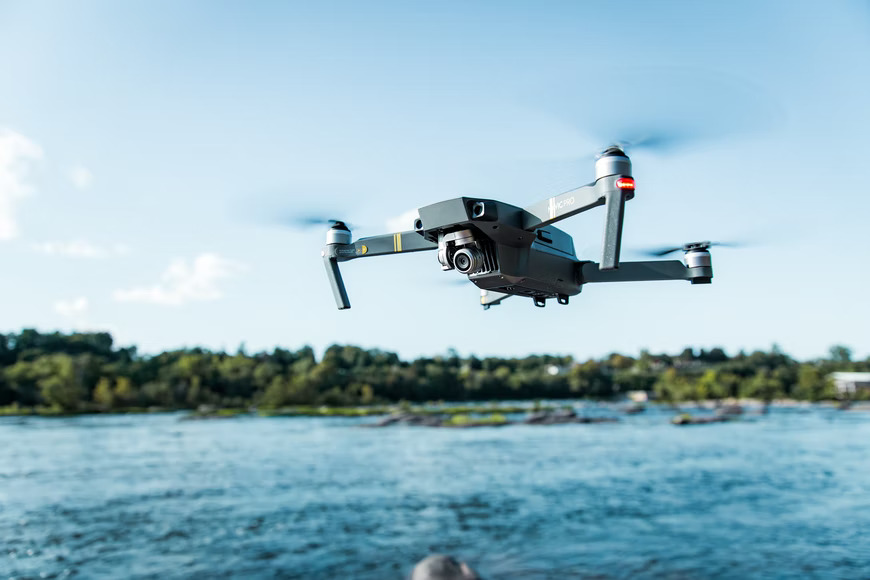Engineering makes the world go round. It’s impossible to imagine the world we live in without the work of brilliant engineers. From cars, cellphones, x-ray machines, and television sets — not one modern item on this planet came to be without the hard work of engineers. However, there is one engineering field that not much is known of. Such is the field of defence engineering.

Not much is known of the field because defence engineers are not all over the place and ever visible to the public eye. Defence engineers don’t do interviews and no overflow of art – movies or television shows – exists to put a spotlight on it. What do defence engineers do? What does it even entail to be one? Are they even relevant?
The hard work and toil of defence engineers are important in keeping peace and safety around the world. The modern world as we know it would not be relatively peaceful without the help of defence engineers. Defence engineers are extremely important and essential. To fully understand just how, do read on. This article will discuss defence engineering, its difference from other fields of engineering, and the way defence engineers work. It is our hope that you get to fully appreciate the importance of defence engineering and defence engineers after reading this post.
Defence Engineering: what is it?
Nations around the world need the help of defence engineers. Defence engineering is involved in the research, development, and production of all kinds of technology used to maintain and ensure the national security of nations, respect among nations, solidarity among nations, and world peace. Defence engineers provide tools and instruments for nations of the world to arm themselves and protect themselves from any local or foreign attack or invasion.
All planes, tanks, and military vehicles are created by defence engineers. Defence engineers work day-in and day-out to provide advanced means for nations of the world to peacefully maintain their independence and sovereignty. All nations are always at high risk of being involved in military conflicts so defence engineers go all-out in ensuring that a nation will be fully equipped and capable to defend itself in case of an attack.
The common misconception is that defence engineers only work for governments of different nations. Such is far from the truth. Defence engineers also work with private companies and institutions to provide tools and technologies to allow for the protection and maintenance of peace. Defence engineering is a field that openly serves any party that needs potent technology for the maintenance of public peace and order. It is hard for any private company to exist without the assistance and support of defence engineers.
Defence Engineering: how is it different from other fields of engineering?
All fields of engineering are equally important. All equally apply rigorous hard work, training, and focus to come up with solutions for the problems of the modern world. However, the field of defence engineering is different from other fields of engineering when it comes to the following factors:
1. High stakes
There is not one field of engineering that involves such high stakes as defence engineering. The closest field that can equal it is medical engineering but the similarity will gravely be dismissed if one will consider that defence engineering involves the safety and protection of nations. Not one field can claim to be involved in such high a stake.
2. Rate of technological advancement
The field of defence engineering always gives birth to innovations at a rate that is faster than other fields of engineering. This is the case because defence engineers deal with human lives that are involved in armed conflicts. The urgency is always there. Hence, defence engineers always go all out in looking for new technologies.

3. Room for expansion
Defence engineers continue to innovate and invent with or without conflict. So much so that most of the common goods that private individuals can now easily use are devised by defence engineers, like drones. This easily makes the field the ripest when it comes to the expansion and invention of new technologies.
How do defence engineers work?
Defence engineers closely collaborate with their clients – may they be public institutions or private companies. This involves a meticulous discussion of product requirements in the most sustainable and cost-effective way. All defence equipment suppliers work with the core concept that all resources are limited. Hence, all defence engineering technologies follow such a philosophy. Only those that are financially viable and environmentally sustainable should see the light of day when it comes to defence tools, instruments, and machinery.
Working with defence engineers will require one to be:
- Willing and ready to collaborate – clear communication between multiple teams and departments will always be required
- Be clear with the problem – no solution can be achieved without a clear understanding of a problem
- Be clear with the needed solution – defence engineers always strive for the best possible solutions
- Be open to new technology – defence engineers offer new technologies to clients
- Be open to meticulous methods – defence engineers are precise with their work
- Be open to sustainable materials – defence engineers follow green practices
- Be completely transparent – all levels of work and task completion are duly monitored, evaluated, and recorded
It takes a village of defence engineers to come up with a unique solution for a certain problem. All such engineers strictly follow solid engineering concepts and protocols that allow for the provision of reliable, consistent, and replicable solutions to problems.
